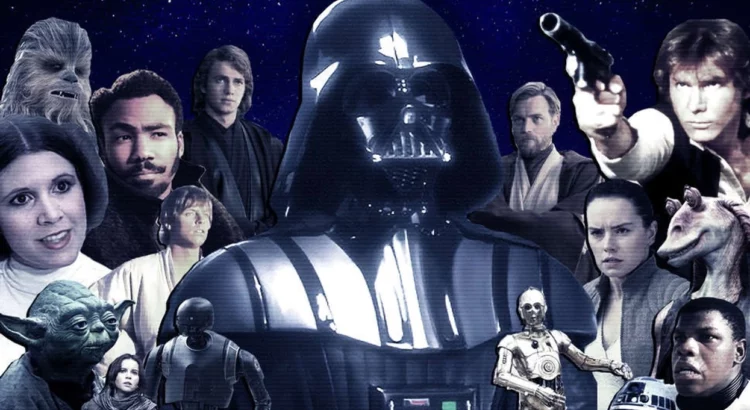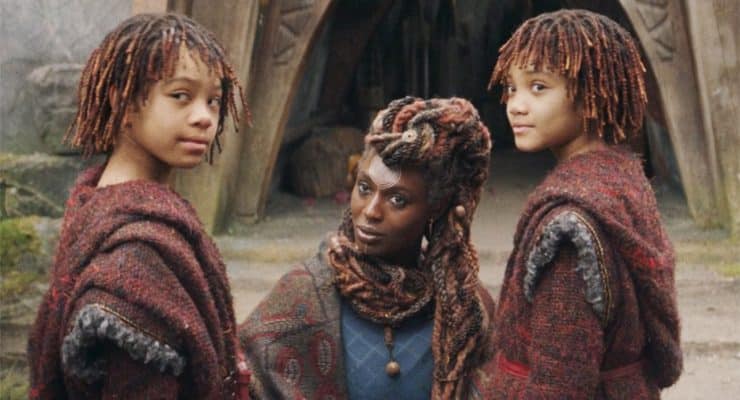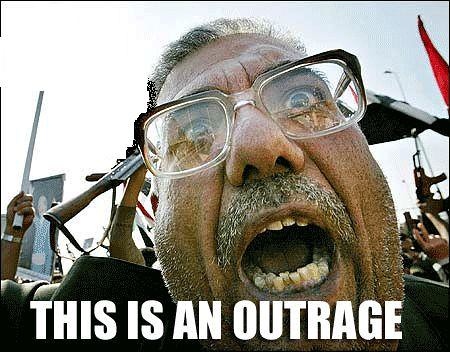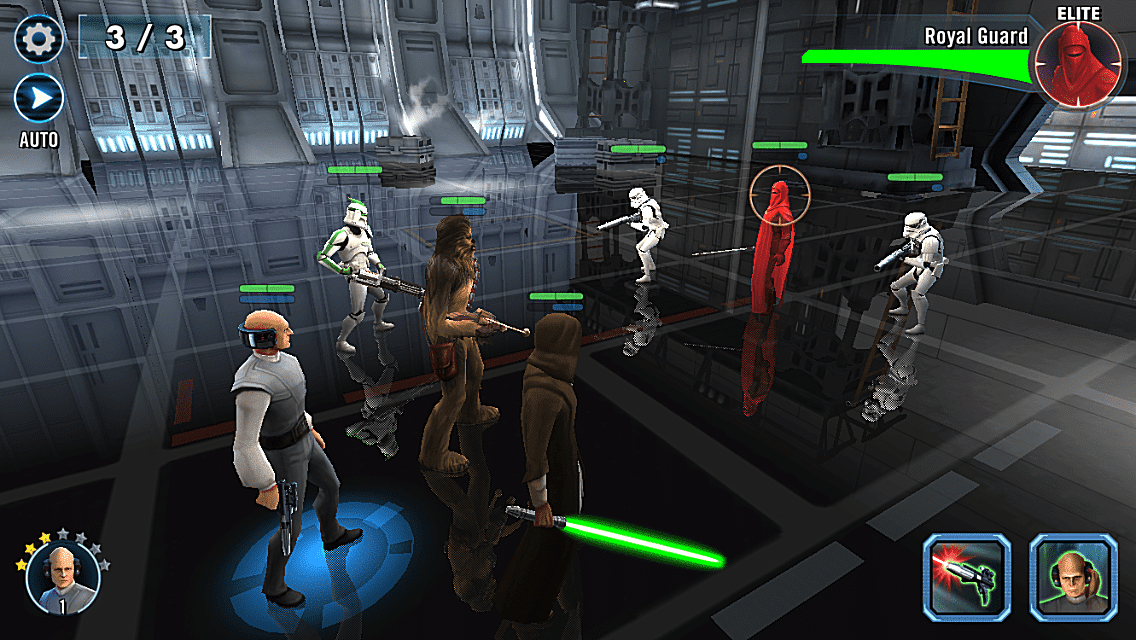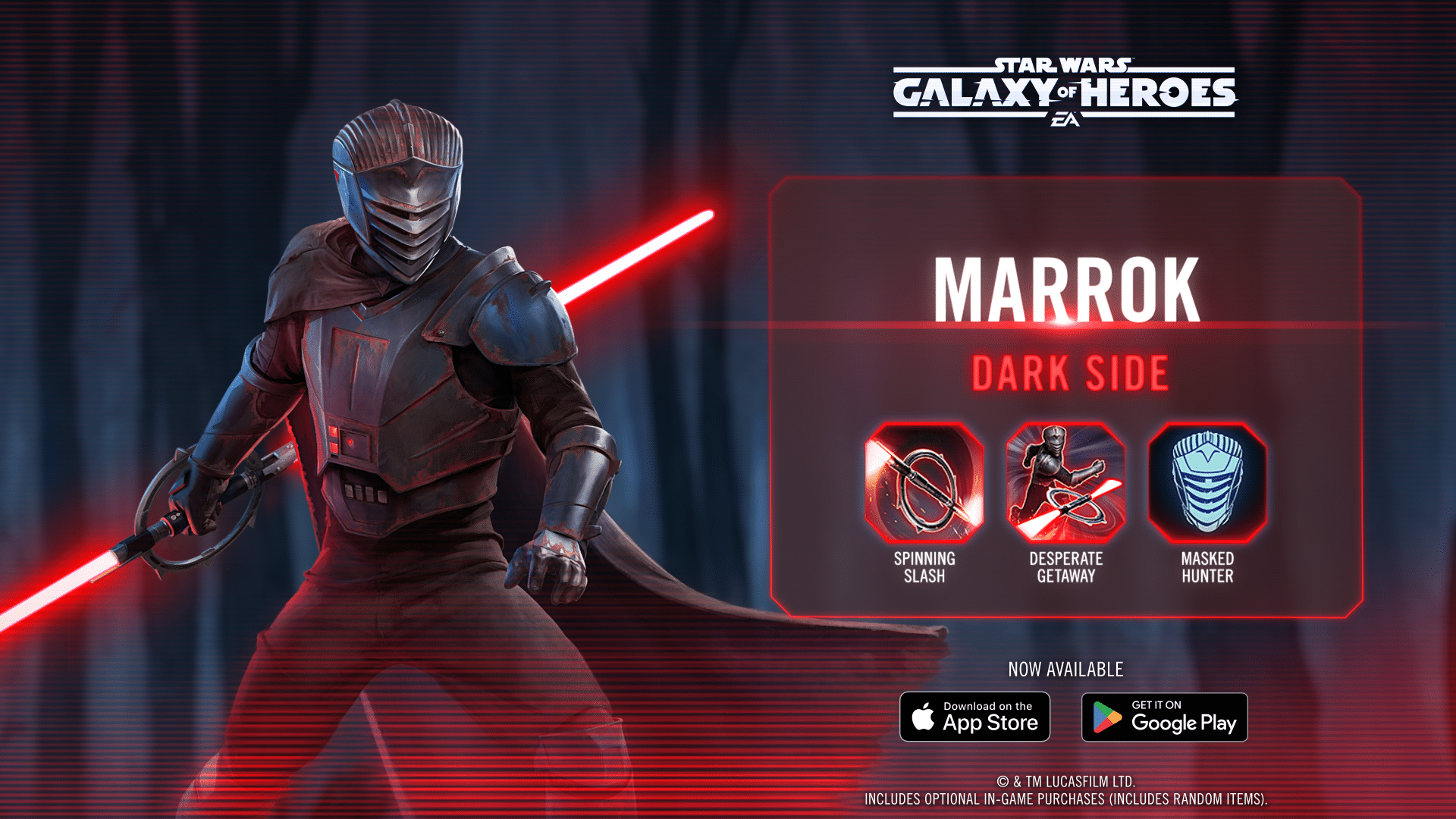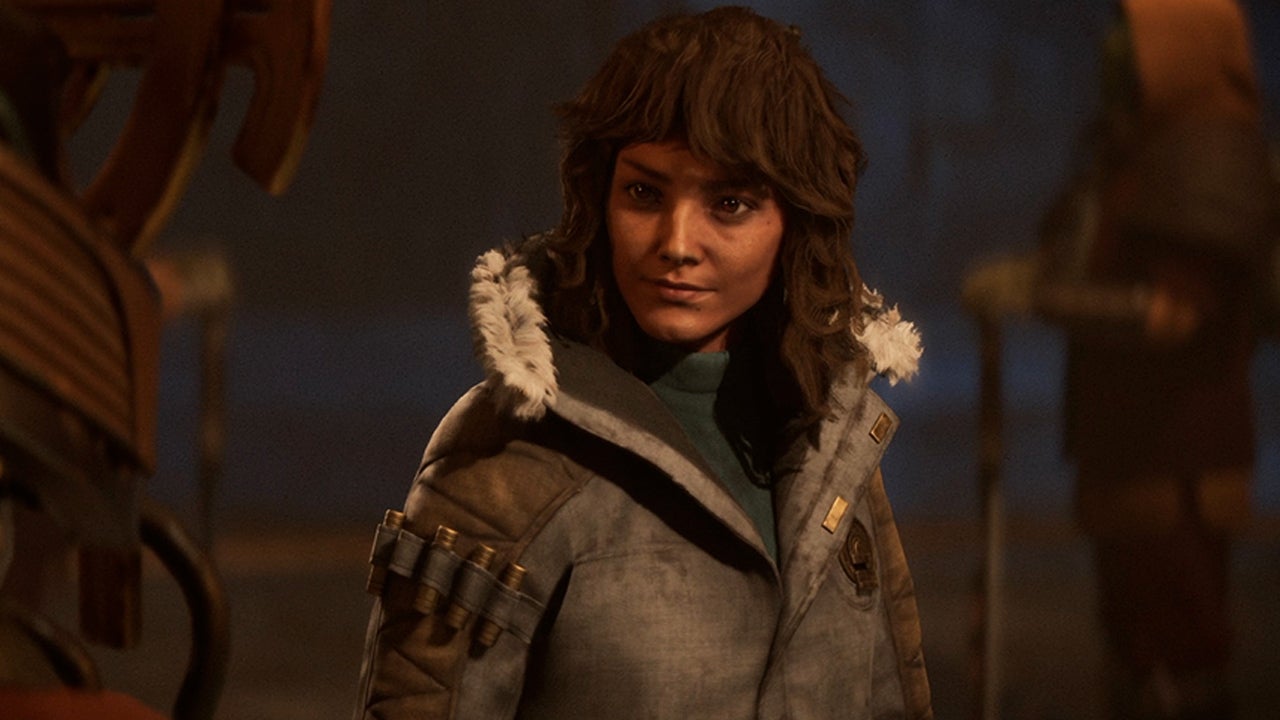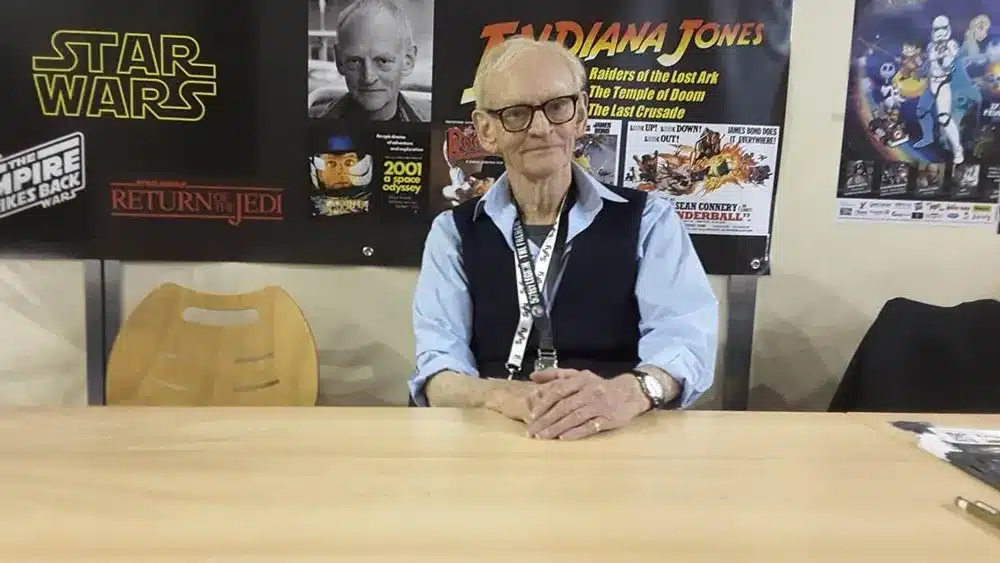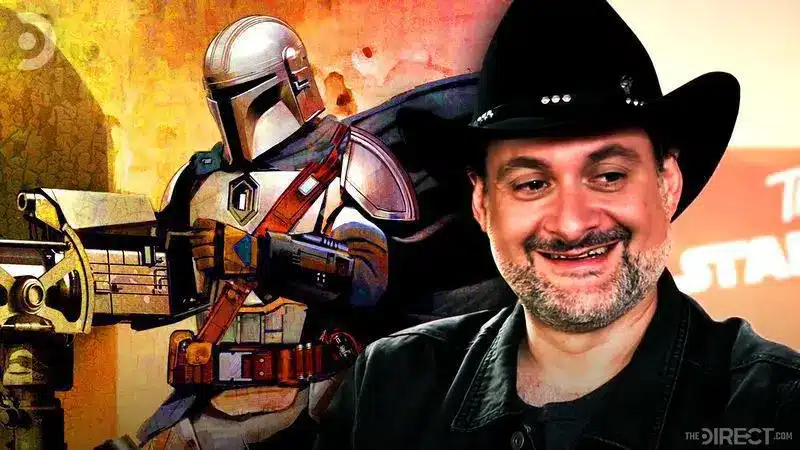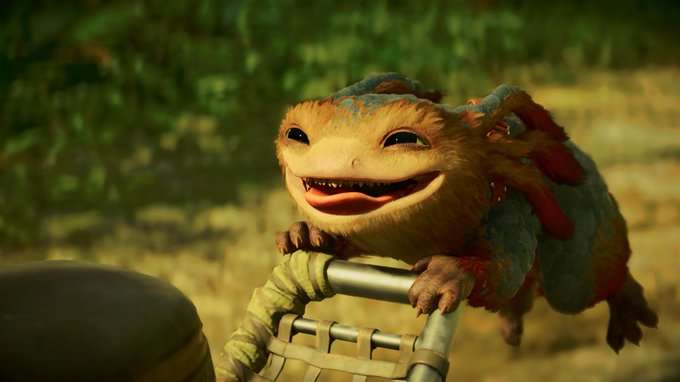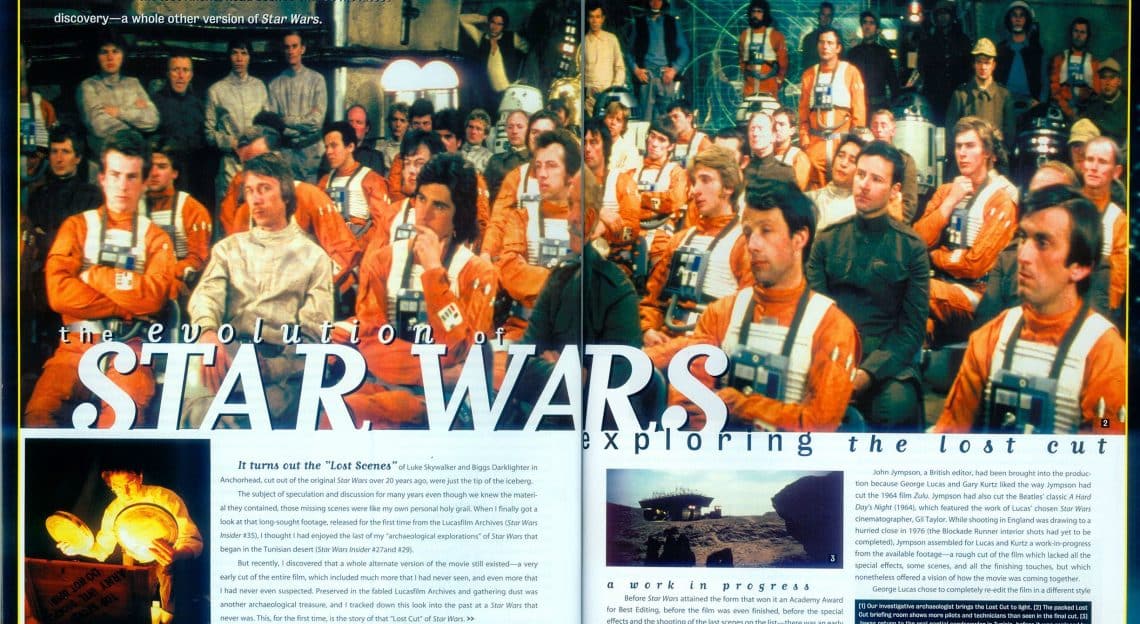When Disney acquired Lucasfilm in 2012 and announced new Star Wars projects, fans around the world were electrified. The prospect of revisiting a galaxy far, far away with fresh stories was thrilling. However, Disney’s stewardship of the franchise has been met with a mix of celebration and controversy. From the wildly popular The Mandalorian to the divisive Sequel Trilogy, fan reactions have run the gamut from love and admiration to outright backlash. Let’s take a closer look at how Disney’s handling of Star Wars has generated both praise and controversy and what it means for the future of the franchise.
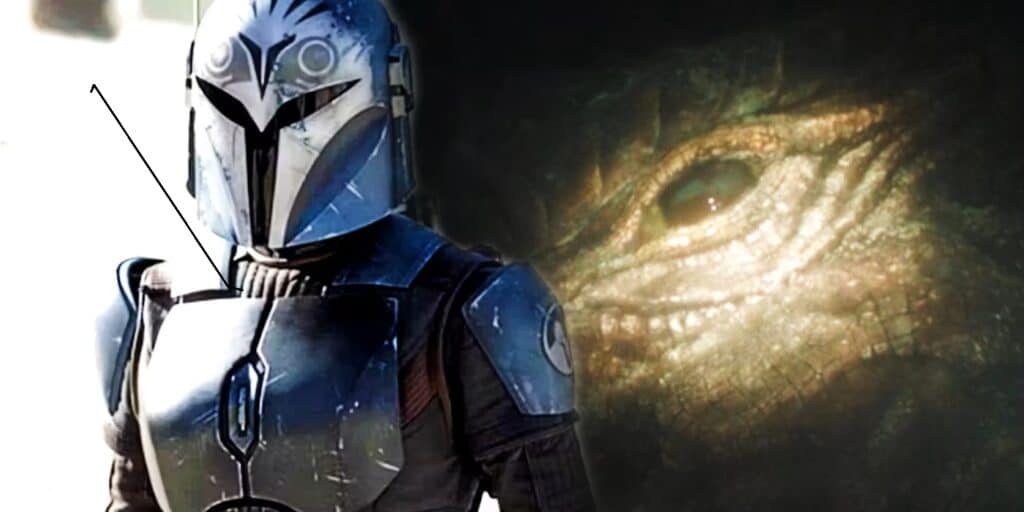
The Highs: The Mandalorian and Other Successes
Not everything under Disney’s Star Wars banner has been contentious. In fact, The Mandalorian, the first live-action Star Wars series on Disney+, is hailed as one of the best things to happen to the franchise in years. The show introduced audiences to Din Djarin, a stoic Mandalorian bounty hunter, and the internet sensation that is Grogu (aka Baby Yoda).
The show blends Western-style storytelling with classic Star Wars themes, all while avoiding some of the pitfalls of the more divisive entries. Fans praised the practical effects, storytelling, and its fresh yet familiar approach to the galaxy. It revived excitement in Star Wars for many, especially those who had been disillusioned by other Disney-era content.
Other entries, like Rogue One, a standalone prequel to A New Hope, garnered significant praise. The gritty tone, compelling characters, and grounded take on the Star Wars universe made it a fan favorite. Even though it wasn’t part of the Sequel Trilogy, it demonstrated that Disney could still create successful Star Wars stories that resonated with both old and new fans alike.
The Lows: The Divisive Sequel Trilogy
If The Mandalorian represents the best of Disney’s Star Wars era, the Sequel Trilogy (Episodes VII-IX) is perhaps the most contentious. Starting with The Force Awakens in 2015, followed by The Last Jedi and The Rise of Skywalker, these films elicited extreme reactions from the fanbase, ranging from ecstatic to disappointed.
While The Force Awakens was widely praised for bringing back the magic of Star Wars, many fans criticized it for leaning too heavily on nostalgia and borrowing too much from A New Hope. Still, it was largely well-received and viewed as a promising start to the new trilogy.
The real division came with The Last Jedi. Directed by Rian Johnson, this film took bold narrative risks that subverted fan expectations, particularly regarding characters like Luke Skywalker. While some appreciated the film’s new direction, many felt it strayed too far from the core values of Star Wars. Luke’s depiction as a disillusioned, broken Jedi was particularly controversial. The backlash was fierce, with accusations that Disney was “ruining” the characters fans had cherished for decades.
Then came The Rise of Skywalker, which attempted to address fan complaints by reversing many of The Last Jedi‘s decisions. However, this resulted in a jumbled narrative that pleased neither camp. Fans who enjoyed The Last Jedi saw this final film as a retreat from bold storytelling, while others felt it was too little, too late to redeem the trilogy.
The “Toxic Fandom” Phenomenon
Disney’s management of Star Wars also coincided with the rise of what some call “toxic fandom.” While Star Wars fans have always been passionate, social media has amplified both positive and negative reactions to unprecedented levels. Platforms like Twitter, Reddit, and YouTube became battlegrounds where fans clashed over the direction of the franchise.
Some of this criticism crossed the line into personal attacks. Actors like Kelly Marie Tran (who played Rose Tico) faced online harassment after The Last Jedi, leading her to step away from social media. Similarly, John Boyega, who played Finn, was vocal about the racial abuse he received from certain segments of the fanbase. The term “toxic fandom” began to circulate, highlighting how passionate fanbases can sometimes turn hostile, particularly when changes to beloved franchises are involved.
While valid criticism of Disney’s storytelling choices is part of any fandom, the intensity of some responses brought a darker side of Star Wars fans into the public eye. Many fans and commentators have since called for a more respectful discourse, recognizing the line between critique and harassment.
Social Media’s Role in Amplifying Reactions
Social media has played a significant role in shaping the discourse around Disney’s Star Wars films and shows. Praise for The Mandalorian and Rogue One went viral, boosting enthusiasm for the franchise. On the flip side, social media has also been instrumental in mobilizing backlash. Platforms like YouTube have given rise to content creators who analyze and critique every aspect of the franchise, often fanning the flames of discontent.
This instant feedback loop can be a double-edged sword for Disney. While positive fan engagement can create excitement and boost viewership, negative reactions can quickly spread, influencing public perception of the films. For example, while The Last Jedi performed well at the box office, its ongoing negative discourse online contributed to The Rise of Skywalker‘s more cautious approach to storytelling, trying to appease disillusioned fans.
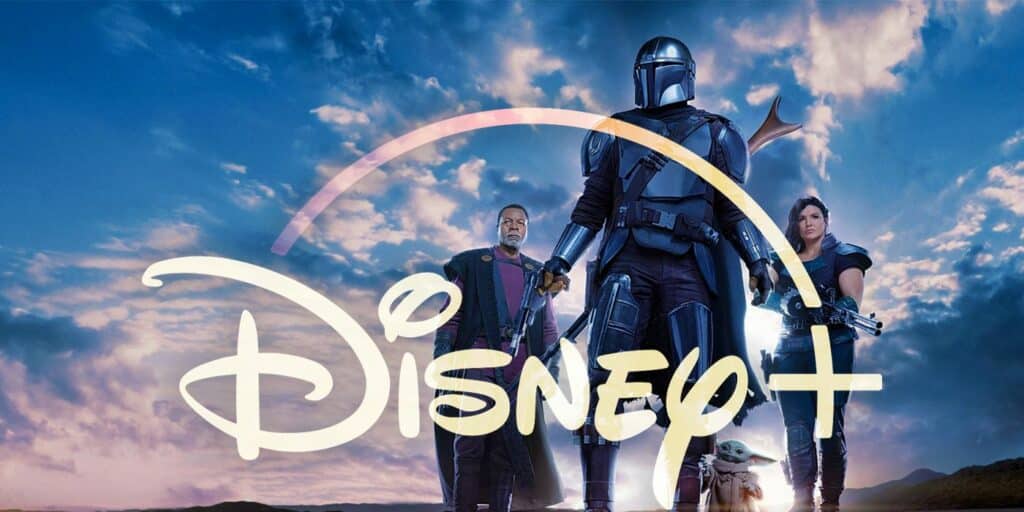
How Disney Navigated Fan Expectations
Navigating fan expectations in a franchise as beloved as Star Wars is no easy task. On one hand, there’s the pressure to honor George Lucas’s original vision and appeal to longtime fans. On the other hand, there’s the need to innovate and introduce Star Wars to new generations. Disney has had to walk this fine line, and the results have been mixed.
In response to fan feedback, Disney has made several strategic moves. For example, they pivoted towards television with series like The Mandalorian, which allowed for more character-driven storytelling. The success of these series suggests that long-form storytelling might be a better format for Star Wars than feature films, allowing for deeper exploration of characters and world-building without the pressure of a two-hour runtime.
Disney has also acknowledged fan complaints about diversity and representation. Characters like Rey, Finn, and Rose introduced more diverse protagonists, which received praise from many corners but backlash from others. Despite the controversy, Disney remains committed to increasing diversity within the Star Wars universe, reflecting broader cultural shifts in entertainment.
The Impact of Fan Reactions on the Future of Star Wars
The future of Star Wars will undoubtedly be shaped by the lessons Disney has learned over the past decade. Fan reactions—both positive and negative—have influenced decisions regarding new content. For instance, The Mandalorian‘s success has encouraged Disney to greenlight more series, such as Ahsoka and The Book of Boba Fett, while film projects have been scaled back.
Ultimately, Disney’s handling of Star Wars reflects the challenges of managing a legacy franchise in the age of social media. Balancing nostalgia with innovation, appeasing different segments of the fanbase, and navigating the complexities of modern fandom will continue to shape the galaxy far, far away.
In the end, whether you’re a fan of Disney’s direction or not, one thing is certain: the force of fan passion—both for celebration and criticism—will always be strong with Star Wars.


